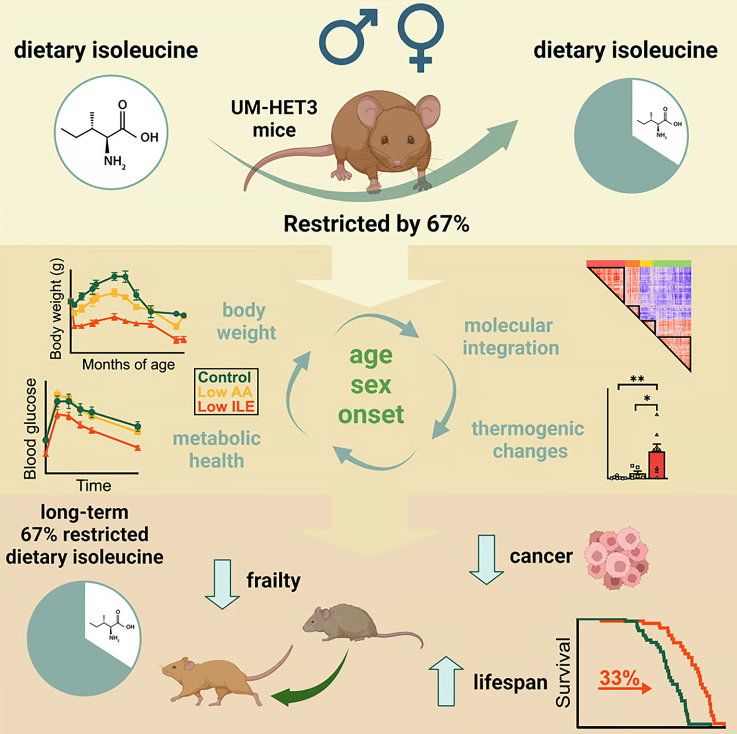Plant-based diets have gained widespread attention for their potential health benefits, particularly in reducing the risk of cardiovascular diseases (CVD), type 2 diabetes (T2D), and all-cause mortality [1][2][3][4].

Cardiometabolic Health and Mortality
A recent meta-analysis [1] examined the relationship between substituting animal-based products with plant-based alternatives and cardiometabolic health. The study, encompassing 37 prospective cohort studies with a mean follow-up duration of 19 years, revealed compelling evidence supporting the positive impact of plant-based alternatives. Notably, the replacement of processed meat with nuts, legumes, or whole grains demonstrated a substantial decrease in CVD risk. Additionally, the shift from animal-based to plant-based foods, such as nuts, legumes, whole grains, and olive oil, exhibited a significant reduction in all-cause mortality.
Nuanced Dietary Choices
While the health benefits of plant-based diets are evident, the nuances of dietary choices must be considered [2]. The debate over the complete exclusion of animal-based foods remains contentious. Striking a balance is crucial, especially for specific demographics like the young and elderly, as exclusive reliance on plant-based sources may pose nutritional challenges. Therefore, a nuanced approach is essential, focusing on substituting specific animal products with plant-based alternatives.
Associations with Disease Incidence
An exploration into the associations between dietary substitutions and disease incidence revealed intriguing insights. Substituting eggs with nuts showed a 17% decrease in CVD incidence, while replacing butter with olive oil resulted in a modest 4% decline. The study also highlighted that certain substitutions, such as red meat with nuts or whole grains, were linked to lower CVD risk, albeit with lower certainty of evidence [1]. Moreover, the analysis found a substantial decrease in the incidence of type 2 diabetes and all-cause mortality with the adoption of plant-based alternatives.
Plant-Based Diets and General Well-Being
Populational studies suggest that individuals adhering to plant-based diets generally lead healthier lives [2]. While these studies indicate associations rather than causation, the potential benefits of plant-based diets extend beyond disease prevention. The included studies adjusted for major lifestyle confounders, emphasizing the need for a more nuanced understanding of the interplay between dietary choices and overall well-being.
Conclusion
The cumulative evidence underscores the potential health advantages of transitioning to plant-based diets, particularly in reducing the risk of CVD, T2D, and all-cause mortality. However, the complexity of dietary choices necessitates further research to strengthen existing evidence and explore new associations [1]. As individuals consider embracing plant-based alternatives, a balanced approach, informed by ongoing research, is crucial for optimizing health outcomes.
References:
[1] Neuenschwander, M., Stadelmaier, J., Eble, J. et al. (2023). Substitution of animal-based with plant-based foods on cardiometabolic health and all-cause mortality: a systematic review and meta-analysis of prospective studies. BMC Med 21, 404.
[2] Hodge, A. M., O’Dea, K., English, D. R., Giles, G. G., & Flicker, L. (2014). Dietary patterns as predictors of successful ageing. The journal of nutrition, health & aging, 18(3), 221–227.
[3] Domic, J., Grootswagers, P., van Loon, L. J., & de Groot, L. C. (2022). Perspective: vegan diets for older adults? A perspective on the potential impact on muscle mass and strength. Advances in nutrition, 13(3), 712-725.
[4] European Heart Journal (July 2023). Well-balanced plant-based diets associated with reduced risk of cardiovascular disease, diabetes, hypertension, dementia, and cancer.



